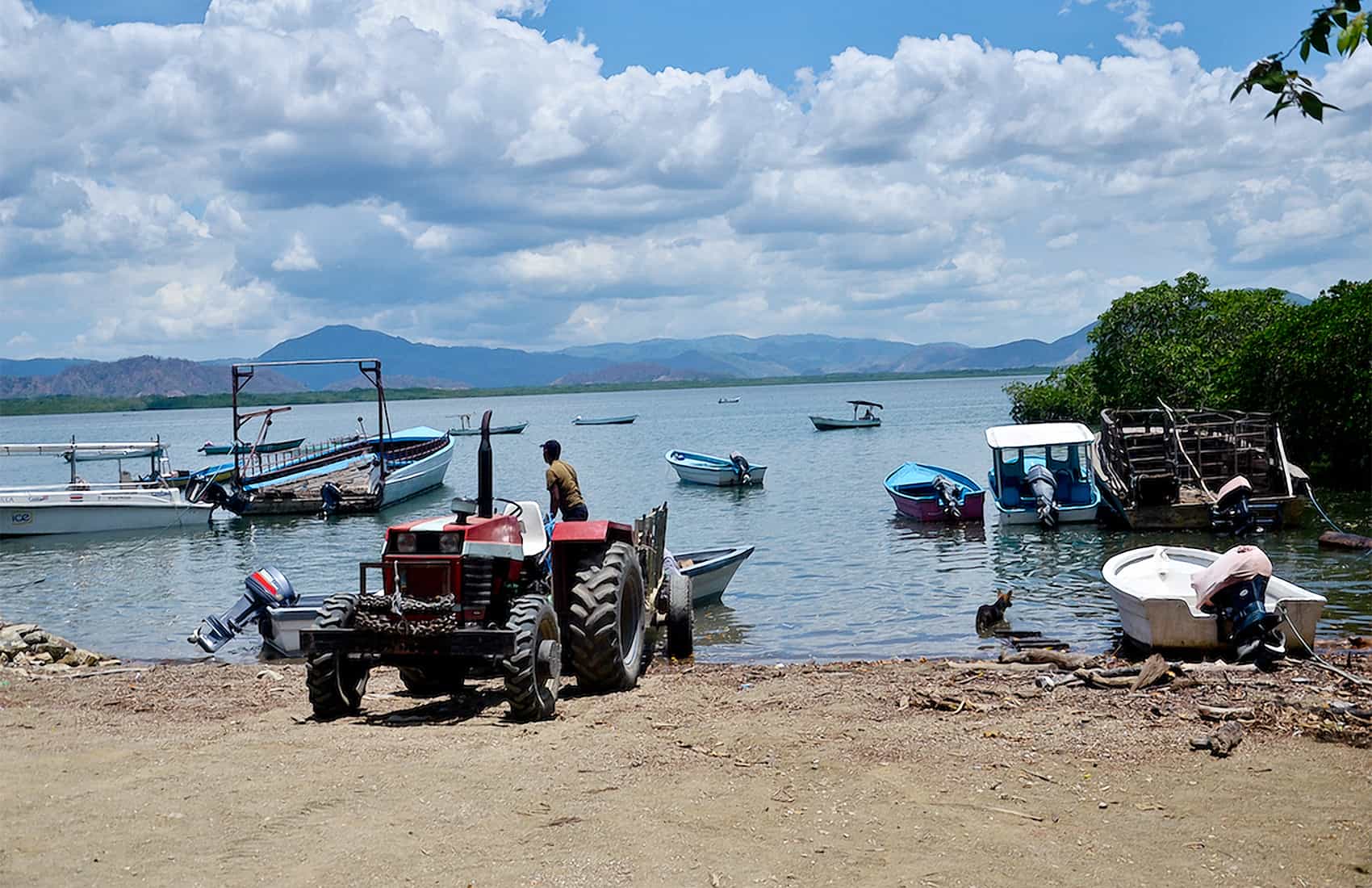Costa Rica stands at a crucial juncture regarding the future of its fishing industry, with growing concern surrounding the progress of the Sustainable Development of Fisheries and Aquaculture program led by the Costa Rican Fisheries and Aquaculture Institute (INCOPESCA).
This program, financed by a substantial $75.1 million loan from the World Bank, was envisioned to revitalize the nation’s fisheries, fostering economic growth in coastal communities while steering the sector towards sustainability.
However, despite high hopes for transformative change, the initiative appears to have hit a roadblock. Major concerns have surfaced over INCOPESCA’s failure to meet financial management standards, raising questions about the effective utilization of allocated resources.
Recent findings by the Comptroller General’s Office (CGR) reveal significant lapses in resource execution within Program 3, Sustainable Development of Fisheries and Aquaculture, with funds lying idle since 2022.
The revelation of unutilized resources, coupled with mounting financial liabilities, underscores a disheartening reality: the intended beneficiaries, namely fishermen and coastal communities, are left waiting for tangible improvements promised by the program.
Nonetheless, Heiner Méndez Barrientos, INCOPESCA’s Executive President, emphasized the indispensable role of research in combating illegal fishing and overexploitation during a recent appearance before the Legislative Assembly’s International Affairs Committee.
Yet, concerns linger regarding the progress of scientific studies integral to the World Bank-supported project.
Notably, key species vital to both the fisheries sector and tourism, such as tuna, have seemingly been overlooked in research endeavors. The authority’s neglect jeopardizes the long-term sustainability and prosperity of Costa Rica’s fisheries sector.
Likewise, the conspicuous absence of meaningful participation from fishermen and stakeholders raises concerns about the program’s inclusivity and transparency. The oversight in engaging those directly dependent on fishing underscores the need for a reevaluation of decision-making processes to ensure equitable representation.
Sustainable fishing isn’t merely an environmental imperative but a matter of social justice. While the program presents an unprecedented opportunity to fortify governance and invest in sustainable fishing practices, its effectiveness hinges on genuine commitment, efficient management, and active involvement from all stakeholders.
As Costa Rica stands on the brink of a transformative shift in its fishing industry, it’s imperative for authorities and civil society to redouble efforts in safeguarding the program’s integrity and efficacy.
The potential for sustainable fisheries is within reach, but only through concerted action, inclusive governance, and unwavering dedication can this vision be realized. Let us not allow bureaucratic hurdles and inefficiencies to derail the path towards a thriving and sustainable fishing sector.






